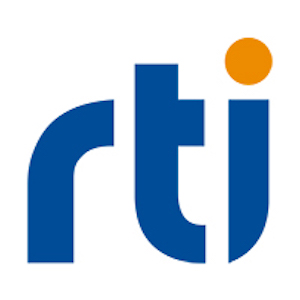In the race to build next-generation vehicles, OEMs need to look beyond the traditional automotive architectures. The traditional design of electrical and electronic architecture doesn’t work for the connected digital vehicles of tomorrow. Instead, a software-driven approach is required, in order to deliver a data-centric approach that accommodates interconnected system-of-systems and provides flexibility and scalability.
AUTOSAR and Data Distribution ServiceTM (DDS) are two open software standards that were designed for flexible, scalable architectures. AUTOSAR is the standardized automotive open system architecture designed for automotive Electronic Control Units (ECUs). The AUTOSAR Adaptive Platform addresses the design challenges of in-vehicle high-performance compute. DDS provides a data-centric connectivity framework that puts data at the center of mobile digital platforms. It provides low-latency data connectivity, extreme reliability, and a scalable, flexible architecture that fosters the development of a loosely coupled, modular system.
Now, these powerful standards work together to enable interoperability and advanced functionality for the industry. In this one-hour webinar by the authors in the new white paper on the topic, learn how AUTOSAR and DDS can provide automotive manufacturers with an integrated, high-performance approach to designing and evolving and servicing next-generation automotive systems.
This webinar will cover:
- AUTOSAR Classic and Adaptive principles
- Overview of the Data Distribution Standard
- Advantages of combining AUTOSAR and DDS
- Combined technical architecture
- Industry Case Study
- Audience Q&A
 Presented by
Presented by